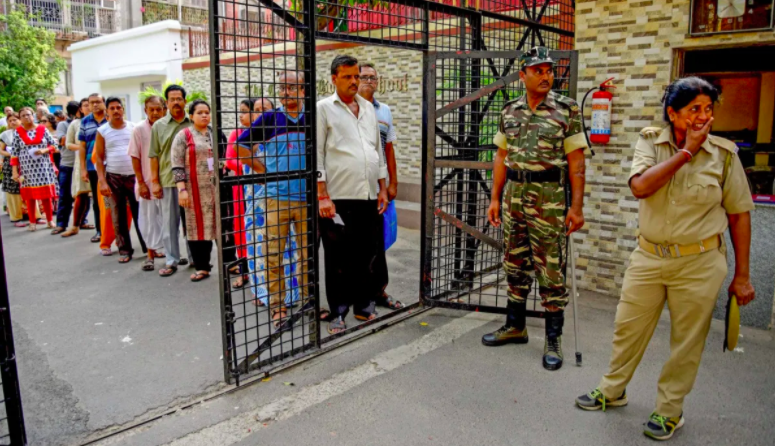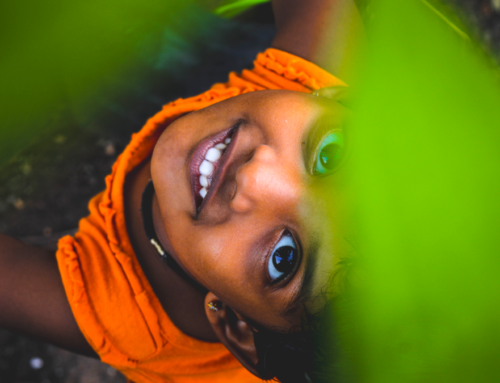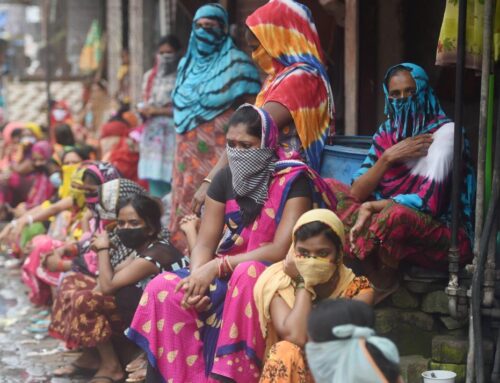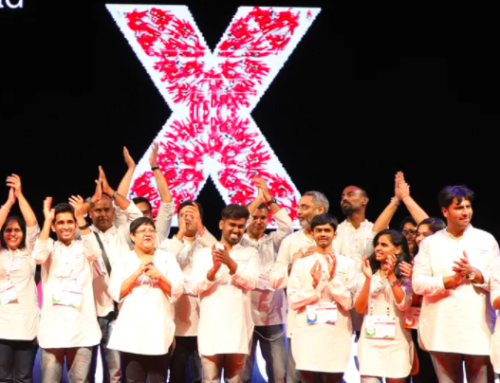When a problem surfaces, most people do nothing more than discuss it – sitting comfortably in the background, even if the issue affects them directly. Almost everyone has an opinion but only a few look for solutions.
Even fewer decide to take on the challenge of building whole businesses and careers around not just the search for but the effective implementation of solutions. These new-age heroes are social entrepreneurs. Here is a look at five young Indians who are striving to give their country a better tomorrow.
Aniket Deogar
The government’s welfare programs are of limited use when very few people, especially the underprivileged whom they are meant to help, know little about them. Aniket Doegar is one of the founders of Haqdarshak, a multi-state, multilingual social enterprise that tackles this issue by digitizing welfare programs on a single mobile-technology platform.
Haqdarshak helps citizens discover, apply for, and benefit from government and private schemes that they qualify for, through a trained facilitator or by themselves, on payment of a small service fee that makes it financially sustainable.
The company has so far been able to help around 20,000 low-income people access benefits that they otherwise would not have been able to.
Piyush Ghosh
In a time when the news is saturated with stories of gruesome crimes against humanity, fears of wars around the world, government shortcomings, and an undue obsession with celebrities, Piyush Ghosh’s The Optimist Citizen, India’s first ever “positive only” newspaper, is a breath of fresh air.
Unlike conventional publications, Ghosh’s newspaper is centered on inspiring and motivating stories from all over India, of people who make a difference but receive little or no recognition for it. It also covers acts of good governance and human achievements that are often not picked up by TV channels or newspapers, as they do not create a sensation.
Ghosh, who is a former Ashoka Youth Venturer, is the youngest person to win the Manthan Award, and was also a runner-up for the Queen’s Young Leader Award.
Tannisha Avarrsekar
How many times have we heard people complain that we need better politicians in India? And yet we have access to little information to help us decide who the better man or woman is during an election. We know more about the political ideology of American political parties than we know about the opinions held by our own leaders on important topics.
When in 2018 Tannisha Avarrsekar returned to India after finishing her undergraduate studies at King’s College London, she faced similar challenges as a first-time voter and decided to do something about it.
She founded an organization called Lokatantra, which assists people from Mumbai with their voter registration, comprehensive information about all their candidates including independents (who are unfortunately neglected), complete with details about their standpoints and sometimes solutions to key issues.
To date, this online political platform has catered to more than 50,000 people across media such as its website, a mobile application, social media and on-ground events.
It now includes features that allow voters to rate politicians, ask them questions, and take a quiz that asks you your opinion on political issues and lets you scale how important that issue is to you, before matching you to the candidate in your constituency whose ideology is most similar to your own.
It bridges the gap between people and politics by breaking down key political debates and policies into simple, easy-to-understand content with impartiality.
Avarrsekar, who recently won the MADCon Top 50 Marketing and Advertising Leaders Award for pioneering efforts in the field of political marketing, employs the platform’s burgeoning influence to advance important social causes such as children’s education and women’s safety.
Olivia Deka
In a patriarchal society like India, the roles of women are often restricted to caretakers or homemakers. Those who dare to raise their voices either are silenced or succumb to the pressure to shift from being “brave” to being “likable.” The desire for acceptance runs deep in our roots and it reflects in our nation’s notions about a woman’s existence.
Olivia Deka from Assam came across this sad truth quite early in her life. After facing troubles in school, the fear of not fitting in was so great that she stopped believing in herself. In 2015, she was diagnosed with clinical depression.
With time and effort, she was able to regain her confidence and self-esteem, but this phase of her life made her realize that she wasn’t the only girl who was or would be facing this problem. She did not want others to suffer as she did, and hence started She For Change, an organization devoted to empowering girls and helping them find their voice in society.
She initially started a networking and mentoring group in 2018 as a college project, but soon realized the potential it had to change the lives of young women around the country.
Today She For Change works toward bridging the gender gap by empowering young girls to become agents of change and take on leadership positions. It nurtures and fosters young women with an entrepreneurial and leadership mindset by connecting them with mentors and leaders in various industries.
Upasana Makati
While working for a public relations firm in Mumbai, Upasana Makati began thinking about the various reading options available for a visually impaired person. Much to her surprise, despite the fact that India is home to 20% of the world’s blind people – about 5 million in 2019 – she did not find much.
To bridge this gap, in May 2013 Makati decided to launch White Print, an English-language lifestyle magazine in Braille. With the assistance of the National Association for the Blind, this 64-page monthly feature is now distributed to the NAB’s entire database.
It includes inspirational stories, reviews of audio books, gadgets, travel and hospitality, short stories and food columns. It also contains information about politics, art and culture from across the globe.
Recently Makati, in collaboration with big brands, started working on advertisements meant for the visually challenged. While ads are synonymous with visuals, colors and graphics, Makati, via White Print, has been propagating engaging copy via sounds and text to link the visually impaired with the mainstream world.
At present, the magazine prints 350 copies every month and is circulated across India. Makati, who has made it to Fortune India’s 40 Under 40 list and Forbes India’s 30 Under 30 list (2016), has also been recognized for her work by the Indian Women & Child Development Ministry,
Read more from Vidhi Bubna here at Asia Times





